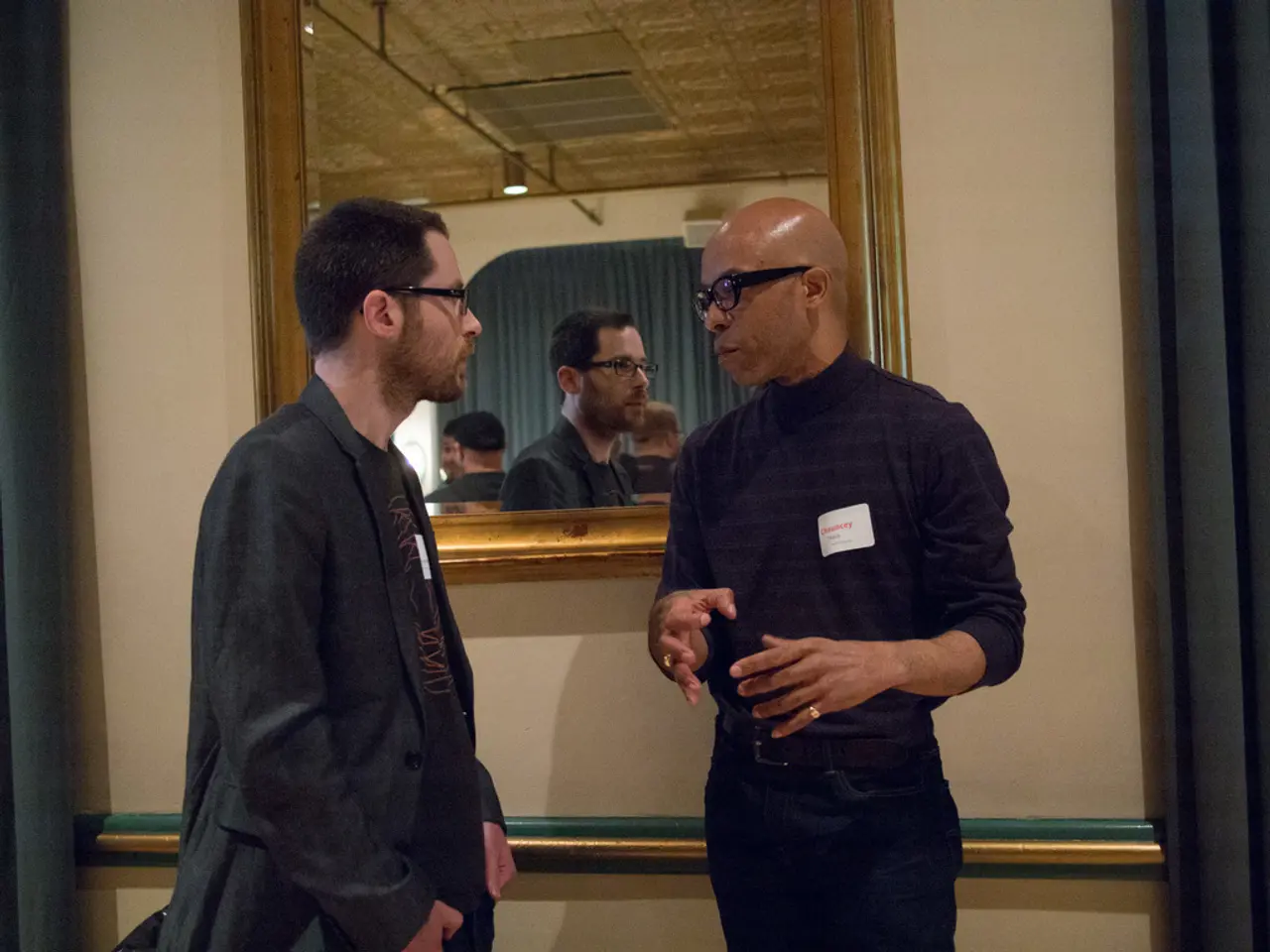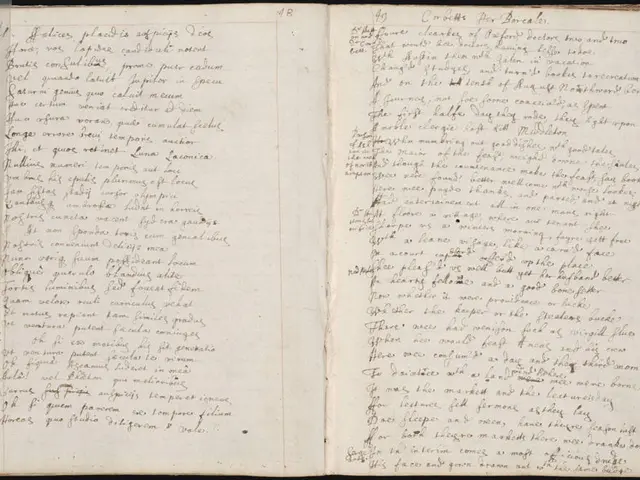Exploration of Indigenous African and Celtic Christian Traditions Engaging in Dialogue
In the rich tapestry of British Christianity, a renewal of interest in the indigenous Celtic tradition and the vibrant African diaspora Christianity is unfolding. This revival, however, is not without its challenges, as both faiths have grown separately due to factors such as racism, homogenous mission strategies, and differences in theology and ecclesial practices.
Amidst this diverse landscape, an intercultural ecclesiology emerges as a beacon of hope. At its core, this theology centres around the theology of nationhood and the theology of migrant identities. This approach, prophetic in an environment of polarisation, emphasises authentic integration and mutual learning as key goals.
One of the most compelling connections between African Desert Fathers and Celtic Christianity lies in their shared monastic spiritual practices. Both traditions nurtured asceticism, deep prayer and stillness, spiritual reading, community life, and the pursuit of purity of heart. These shared practices fostered a deep interior spirituality, emphasising union with God, humility, and simplicity.
Asceticism and prayer were central to both traditions, with the Desert Fathers and Celtic monks practising rigorous asceticism as a path to spiritual purification and union with God. The Desert Fathers' radical solitude, fasting, and continuous prayer, including the Jesus Prayer, mirrored the contemplative silence and constant prayer in daily life that characterised Celtic monastic prayer traditions.
Spiritual reading, or Lectio Divina, was also a shared practice, with both traditions valuing sacred texts and their meditative reading. This integration of biblical wisdom with cultural expressions of faith served as a powerful bridge, fostering a shared language of experiential faith.
Community life, while largely embraced by the Celtic monastic tradition, was also present in the Desert Fathers through Saint Pachomius' pioneering of cenobitic (communal) monasticism. This shared communal framework informed structured spiritual discipline and mutual support, essential to monastic formation and intercultural exchange.
In the quest for clarity around national identities in Britain, migration and the result of multiculturalism in Europe are playing a significant role. The development of an authentic expression of European identities, including that of Africans in the diaspora, is a crucial aspect of this intercultural ecclesiology.
Collaborations between African diaspora Christians and British Christians have already occurred, primarily through ecumenical institutions and unity movements. The rich history of African Desert Fathers and Celtic Christianity can intentionally bring these communities together for intercultural collaborations, enriching both traditions and fostering a shared understanding of faith.
Monastic spirituality, with its emphasis on prayer, fasting, celibacy, meditation, solitude, community, manual work, relief to the poor, silence, and poverty, has the potential to shape the development of the theology of migrant identities. The indigenous nature of ancient African Christianity can affirm African agency in postmodern multicultural British society, providing a powerful counterpoint to toxic nationalism.
In conclusion, the common monastic traditions shared by African Desert Fathers and Celtic Christianity offer a transcultural wellspring from which intercultural theology can draw. By fostering dialogue, mutual enrichment, and a shared language of experiential faith, these traditions can help bridge divides and build bridges across Christian traditions and cultures.
Read also:
- United States tariffs pose a threat to India, necessitating the recruitment of adept negotiators or strategists, similar to those who had influenced Trump's decisions.
- Weekly happenings in the German Federal Parliament (Bundestag)
- Southwest region's most popular posts, accompanied by an inquiry:
- Discussion between Putin and Trump in Alaska could potentially overshadow Ukraine's concerns








